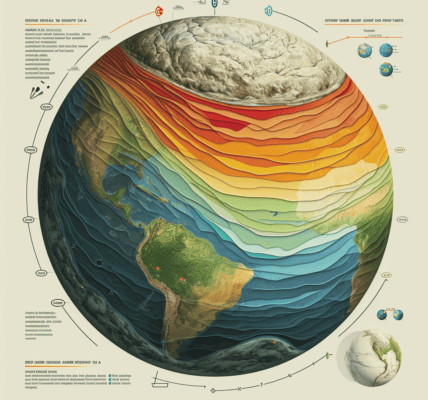Recent studies have shown that the oceans of the Northern Hemisphere are experiencing unprecedented warmth, even after nearly three months of winter. The sea-surface temperatures in the North Atlantic are averaging around 68 degrees Fahrenheit, a figure that is highly unusual for this time of year. Shockingly, 41 percent of the global ocean experienced heat waves in January, indicating a widespread and concerning trend.
Dillon Amaya, a research scientist at the National Oceanic and Atmospheric Administration’s Physical Sciences Laboratory, has noted that what was once considered extreme in terms of ocean temperatures is no longer the case today. This worrying pattern is expected to escalate, with research indicating that by the end of the century, a significant portion of the ocean could be in a permanent heat wave state relative to historical norms. The extent of this change will depend on the amount of greenhouse gases emitted by humans.
It is predicted that the rise in ocean temperatures will lead to several other consequential changes, including stronger hurricanes, rising sea levels, and unsustainable conditions for marine life. These alterations are anticipated to occur within the span of just a few decades, highlighting the urgent need for action to mitigate the impact of climate change on our oceans.





